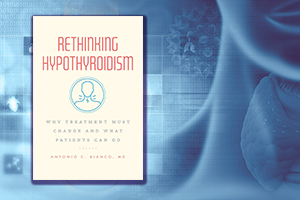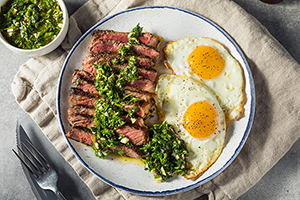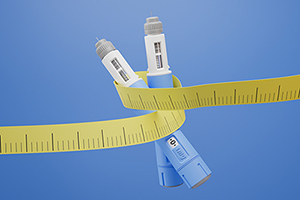



| By Dr. Ronald Hoffman
According to a recent article in the Los Angeles Times, American adults get a “D” in science; 22% confuse astronomy and astrology! On a general science knowledge quiz consisting of 12 questions, the test-takers answered 7.9 correctly, on average. That’s a score of 66%. Only 6% answered all 12 questions correctly.
Similarly, lack of health literacy is also a huge problem among Americans. We are continually bombarded with often-contradictory health information. U.S. patients are confronted with myriad treatment options they are ill-equipped to properly choose among. Urban legend, aggressive direct-to-consumer advertising, and dumbed-down media stories add to the confusion.
The mission of Intelligent Medicine is to enhance your health IQ. Let’s start with this simple quiz to see if you get a “Pass”:
If you answered all these questions correctly, or even nine out of ten, congratulations, you are a true paragon of Intelligent Medicine! If you got seven or eight right, you’re still doing better than average. If you scored 60% or less, your health literacy needs a boost. Try boning up on medical and nutritional facts by listening to our Intelligent Medicine podcasts and following the articles here at DrHoffman.com–you’re sure to ace the test when we repeat it sometime next year!
Though we think of declining estrogen as the hallmark of menopause, it's actually common for…

Up to 12 percent of Americans have ulcers at some point in life. Peptic ulcers…
Gallbladder disease is a modern illness. An estimated 20 million Americans have gallbladder disease. The…

Dr. Antonio Bianco, recipient of the American Thyroid Association’s John B. Stanbury Thyroid Pathophysiology Medal,…

There’s a misconception among low-carb dieters. Many people believe a low-carb diet is much higher…

New, more powerful weight loss drugs: Drugs like Wegovy, Rybelsus, Ozempic and Mounjaro/Zepbound are revolutionizing…

The Cannabinoid Connection: How CBD Transforms Pet Care and Human Health, Part 1

Our virtual voicemail is open 24/7, so there's no need to wait to submit your questions for Dr. Hoffman. Leave a message, and you may hear your question featured on the Intelligent Medicine radio program!